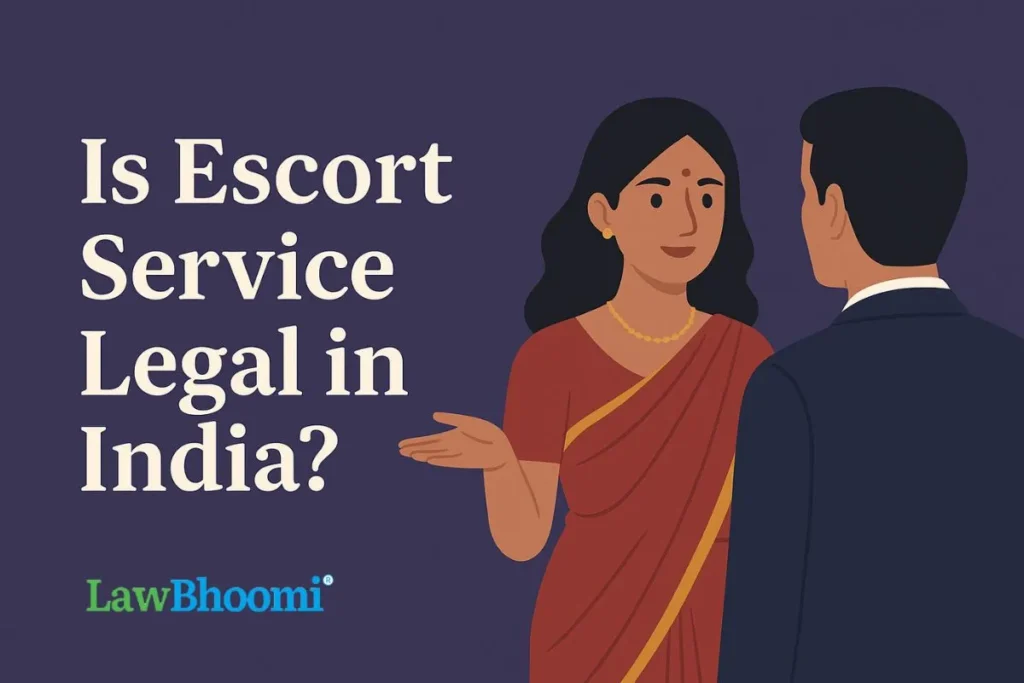The escort industry often exists in a gray legal zone across the world. While many people associate escorting with adult companionship, its legal status varies from country to country — and in some cases, within regions of the same nation. Understanding the legality, ethical debates, and social implications is essential to separate fact from misconception.
Escort Services and the Law: The Global Picture
In most countries, prostitution (the exchange of sexual services for money) is illegal or heavily restricted. However, escort services, which are often marketed as companionship-based or non-sexual services, occupy a legally ambiguous position.
- In the United Kingdom, escorting itself is not illegal, but running a brothel or soliciting in public is prohibited.
- In the United States, laws differ by state; for instance, Nevada allows licensed brothels, while most other states criminalize paid sexual services.
- In many European countries, such as Germany and the Netherlands, sex work is legal and regulated, ensuring better health and safety standards.
Legal Status in India
In India, the Immoral Traffic (Prevention) Act, 1956 (ITPA) governs activities related to prostitution and trafficking.
- Selling sexual services by an adult voluntarily is not illegal, but organizing, managing, or profiting from it — such as running brothels, pimping, or soliciting — is punishable by law.
- Escort services often present themselves as companionship agencies, not offering explicit sexual activity. However, if proven that sexual services are exchanged for money, it can be prosecuted under ITPA.
In essence, the escorting business is not illegal by definition, but it becomes unlawful when it involves sexual exploitation, coercion, or trafficking.

Ethical and Social Perspectives
The debate over escort services extends beyond legality. Supporters argue that consensual adult work should be treated as a legitimate profession under labor laws, ensuring safety and rights. Opponents fear that legalization might encourage human trafficking and exploitation.
Globally, there’s a growing call for decriminalization — treating sex work as a regulated occupation rather than a criminal offense. This approach focuses on human rights, safety, and dignity rather than punishment.
The legality of escort services remains complex, influenced by cultural, moral, and legal frameworks of each nation. In India and many other countries, the fine line between lawful companionship and illegal solicitation depends on intent and evidence.
The evolving global conversation emphasizes that reforms should prioritize safety, consent, and human rights over stigma and criminalization.
Protection of Children from Sexual Offences
Multi Level Money Marketing Legal in India
![]()





